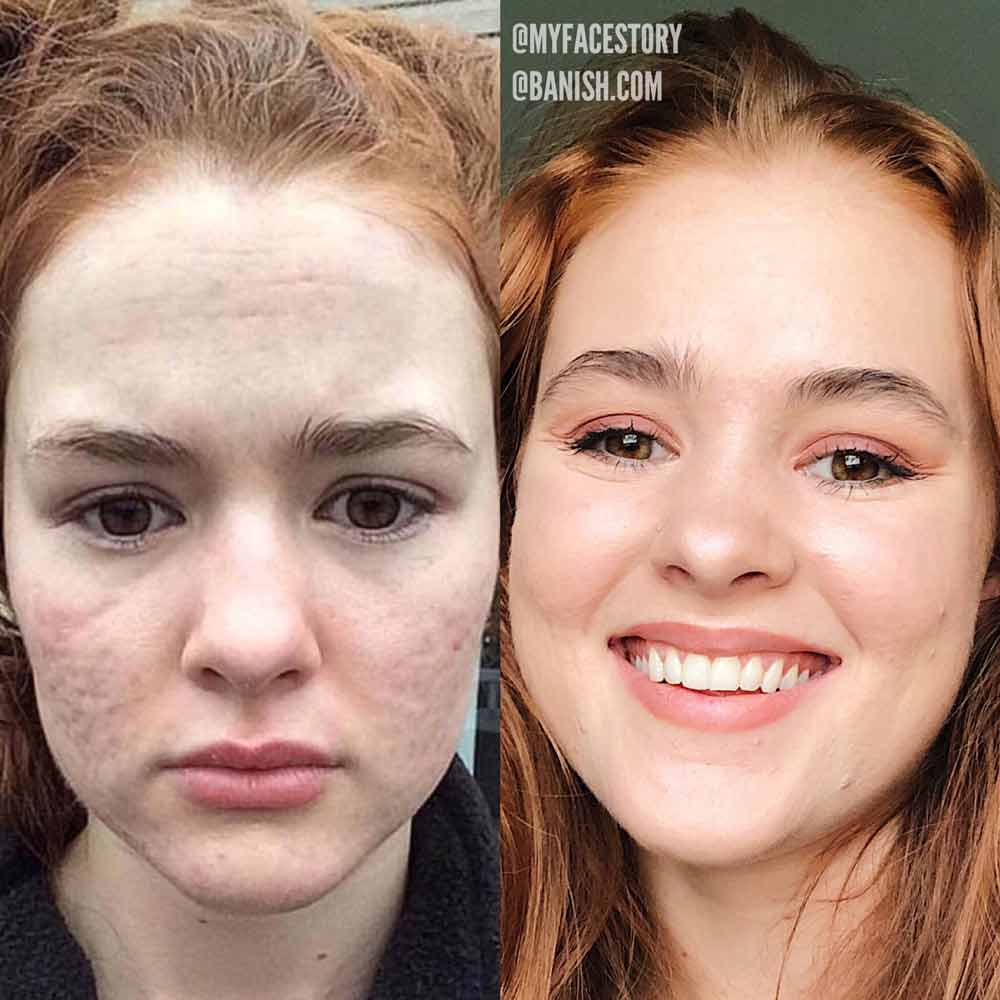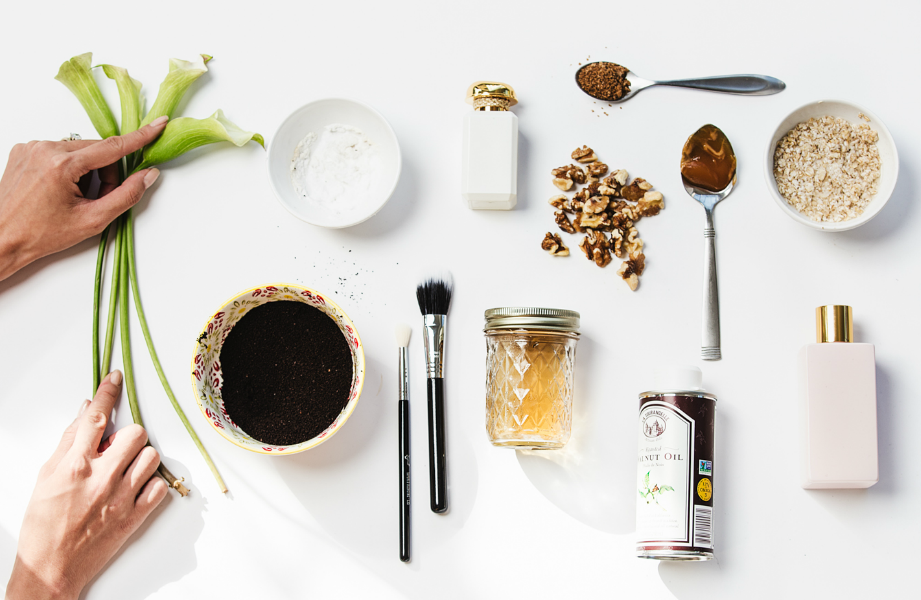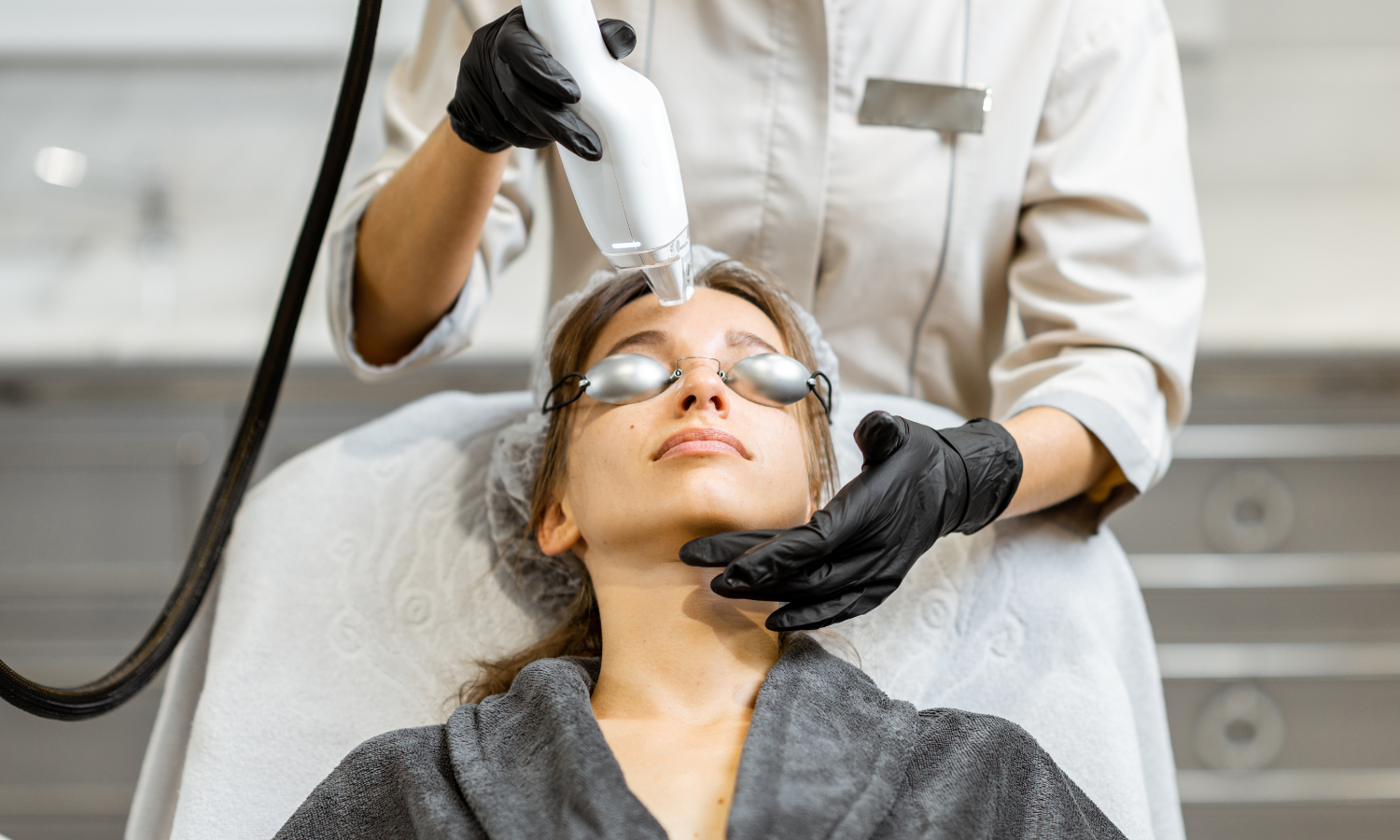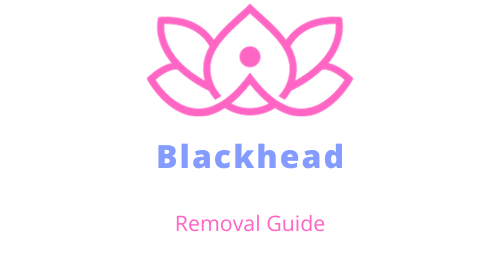The best methods for managing acne include topical treatments and maintaining a proper skincare routine. Consultation with a dermatologist can also offer personalized solutions.
Battling acne can often feel like a never-ending war with your skin. To emerge victorious, understanding the right strategies is essential. Topical treatments, such as benzoyl peroxide, salicylic acid, and retinoids, are frontline warriors in this fight. These agents work by reducing inflammation, unclogging pores, and promoting skin cell turnover.
A consistent skincare regimen, tailored to your skin type, reinforces your defense against breakouts. This includes gentle cleansing, avoiding harsh exfoliants, and never sleeping with makeup on. Diet also plays a role; eating foods low in sugar and dairy may help some people manage their acne. For those with persistent or severe cases, seeking a dermatologist’s expertise is a smart move. They can prescribe medications, advise on lifestyle changes, and provide treatments like chemical peels or laser therapy. Remember, each skin is unique, so patience and persistence with your chosen methods are key to clear skin.

Credit: banish.com
Acne Basics: The What, Why, And Who
Acne is a skin condition that affects millions worldwide. It involves the oil glands at the base of hair follicles. Acne commonly appears during puberty, when hormones lead to the enlargement of oil glands. Yet, it’s not just a teen issue. Adults can struggle with acne too. It’s essential to understand acne types, causes, and who’s most at risk to tackle it effectively.
Identifying Types Of Acne
Acne comes in various forms. Recognizing the type is key to proper treatment. Common types include:
- Blackheads: Open clogged pores
- Whiteheads: Closed clogged pores
- Papules: Small, red, tender bumps
- Pustules: Papules with pus
- Nodules: Large, solid, painful lumps
- Cysts: Painful, pus-filled lumps
Demystifying Common Acne Myths
Let’s clear up some acne falsehoods. People often believe myths that don’t help their skin. Here are truths to know:
| Myth | Truth |
|---|---|
| Acne is just a teenage issue. | Adults get acne too. |
| Eating greasy food causes acne. | Acne is more about genetics and hormones. |
| Acne is a sign of dirty skin. | Acne develops under the skin and isn’t about cleanliness. |
| More washing will clear acne. | Too much washing can irritate the skin. |
Skin Care Essentials For Acne Prevention
Clear skin starts with the right routine. Preventing acne is easier with proper skin care essentials. A daily regimen helps manage oil, dirt, and dead skin cells. Here are effective strategies to keep acne at bay.
Choosing The Right Cleanser
Finding a suitable cleanser is crucial for acne-prone skin. It should be gentle yet effective. Look for products with salicylic acid or benzoyl peroxide. These ingredients help to unclog pores and reduce breakouts. Avoid harsh scrubs which can irritate the skin.
- Opt for oil-free formulas.
- Non-comedogenic cleansers won’t clog pores.
- Test a small area first to prevent allergic reactions.
The Role Of Moisturizers
Even oily skin needs hydration. Choose a lightweight, non-comedogenic moisturizer. It will hydrate without causing pimples. Some moisturizers include acne-fighting ingredients. This can help tackle acne while providing moisture.
| Ingredient | Benefit |
|---|---|
| Hydroxy acids | Exfoliate the skin |
| Niacinamide | Reduces inflammation |
| Hyaluronic acid | Provides deep hydration |
Importance Of Sun Protection
Protecting skin from the sun is vital. Use a broad-spectrum SPF daily. It shields skin from harmful UV rays. These rays can worsen acne and cause scarring. A non-greasy, oil-free sunscreen works best for acne-prone skin.
- Apply sunscreen every morning.
- Reapply every two hours when outdoors.
- Choose SPF 30 or higher for the best protection.
Diet And Lifestyle Adjustments For Clear Skin
Battling acne goes beyond just what’s on the surface. For clear skin, what you eat and how you live play pivotal roles. Let’s explore how diet and lifestyle can become your allies in the quest for a blemish-free complexion.
Foods To Embrace And Avoid
Your diet can affect your skin’s health. Healthy eating habits may reduce acne flare-ups.
| Foods to Embrace | Foods to Avoid |
|---|---|
| Fresh fruits and vegetables | High-glycemic foods like white bread |
| Lean proteins like fish and chicken | Refined sugars and sweets |
| Whole grains | Dairy products |
| Nuts and seeds | Fried and fast foods |
Stress Management Techniques
Stress can trigger acne. Manage stress for healthier skin.
- Meditation: Calms the mind.
- Regular exercise: Releases endorphins.
- Deep breathing: Lowers stress levels.
- Quality time with loved ones: Boosts happiness.
Sleep’s Impact On Skin Health
Good sleep is crucial for skin repair. Aim for 7-9 hours each night.
- Keep a regular sleep schedule.
- Avoid electronics before bed.
- Create a restful environment.
Consistent, restorative sleep can lead to fewer breakouts and a radiant complexion.
Topical Treatments: Creams And Gels
Acne troubles many people across the globe. Topical treatments come to the rescue. Creams and gels applied directly to the skin can work wonders. They target pimples, reduce redness, and prevent future breakouts. Let’s explore some popular options.
Salicylic Acid And Benzoyl Peroxide
Salicylic acid cleans pores deeply. It keeps them free from oil and dead skin. Benzoyl peroxide kills bacteria. It also helps peel the skin slightly, which can clear away acne.
- Salicylic Acid:
- Unclogs pores
- Reduces swelling and redness
- Best for blackheads and whiteheads
- Benzoyl Peroxide:
- Antibacterial
- Prevents and treats mild to moderate acne
- Comes in various strengths
Retinoids: A Closer Look
Retinoids are powerful. They come from vitamin A. They speed up cell turnover. This can clear acne and reduce signs of aging.
| Type of Retinoids | Benefits |
|---|---|
| Retinol | Milder, available over-the-counter |
| Adapalene | Good for acne treatment, available OTC |
| Tretinoin | Stronger, prescription needed |
Natural Alternatives
Some prefer natural treatments. These can be gentler on the skin. They often come from plants.
- Tea tree oil: Natural antibacterial
- Aloe vera: Soothes and heals the skin
- Green tea extract: Reduces inflammation
Oral Medications: When To Consider
Battling acne can sometimes require more than just topical treatments. For those with severe or persistent acne, oral medications offer an effective solution. Knowing when to consider these options is key to achieving clearer skin.
Antibiotics For Severe Cases
Antibiotics are often prescribed when acne doesn’t respond to other treatments. They work by fighting bacteria and reducing inflammation. Common choices include doxycycline and minocycline.
- Antibiotics target P. acnes, the bacteria causing acne.
- They may be used for a few months to control severe acne.
- Always combine with topical treatments for best results.
The Controversy Around Isotretinoin
Isotretinoin, also known as Accutane, is a powerful medication for treating severe acne. Despite its effectiveness, it has potential side effects.
| Benefits | Risks |
|---|---|
| Reduces oil production | Mood changes |
| Prevents clogged pores | Birth defects if pregnant |
| Targets acne long-term | Liver function changes |
A dermatologist’s consultation is essential before starting Isotretinoin.
Hormonal Treatments And Birth Control
Hormonal imbalances often contribute to acne. Birth control pills and other hormonal treatments like spironolactone can help by regulating hormones.
- Birth control pills are effective for women with hormonal acne.
- Spironolactone blocks androgen receptors, reducing oil.
Consult with a healthcare provider to determine if hormonal treatments are right for you.

Credit: www.foreo.com
Advanced Dermatological Procedures
Advanced Dermatological Procedures offer cutting-edge solutions for persistent acne. These treatments target the root cause of acne, going beyond topical creams and lifestyle changes. They provide long-lasting results and can significantly improve skin health and appearance. Let’s explore some of the most effective procedures available today.
Chemical Peels And Their Benefits
Chemical peels remove dead skin layers, revealing fresh, smoother skin beneath. They use acids at various concentrations to achieve this. Benefits include:
- Reduced acne scars: Peels can lighten scars and improve skin texture.
- Unclogged pores: They help remove debris and oils that cause acne.
- Brighter complexion: Peels can fade dark spots and even out skin tone.
Laser Therapy Explained
Laser therapy uses focused light to treat acne. It damages oil glands, reducing oil production. It can also kill acne-causing bacteria. Benefits include:
| Benefit | Description |
|---|---|
| Targeted treatment: | Lasers can focus on problem areas without affecting surrounding skin. |
| Collagen production: | Laser therapy stimulates collagen, aiding in skin repair and reducing scars. |
| Minimal downtime: | Most patients can resume normal activities immediately after treatment. |
Microneedling: Pros And Cons
Microneedling involves tiny needles that create micro-injuries on the skin. This process encourages natural healing. Here are the pros and cons:
| Pros: | Cons: |
|
|
Navigating Home Remedies And Diy Solutions
Many people search for gentle, natural ways to treat acne. Navigating the world of home remedies and DIY solutions can be tricky. But, some natural ingredients may help. Finding the right balance for your skin is key. Let’s dive into effective home treatments that you can whip up in your kitchen.
Effective Natural Ingredients
Several natural ingredients stand out for their skin-clearing properties:
- Tea Tree Oil: Known for its anti-inflammatory effects.
- Honey: Moisturizes while possessing antibacterial qualities.
- Green Tea: Rich in antioxidants, helps reduce skin inflammation.
- Aloe Vera: Soothes the skin and fights bacteria.
Recipes For Homemade Acne Treatments
Try these simple recipes to combat acne:
| Ingredient | Quantity | Instructions |
|---|---|---|
| Tea Tree Oil | 2-3 Drops | Mix with a carrier oil and apply to the affected area. |
| Honey | 1 Tablespoon | Spread on the face, let sit for 15 minutes, rinse off. |
| Green Tea | 1 Cup | Steep and cool, use as a face wash or a compress. |
| Aloe Vera | As needed | Apply gel directly to the skin as a moisturizer. |
Risks And Precautions
While natural remedies can be effective, they also come with risks:
- Patch Test: Always perform a patch test to avoid allergic reactions.
- Research: Understand the properties of each ingredient.
- Consult: Seek advice from a dermatologist if unsure.
Remember, what works for one person might not work for another. Monitor your skin’s response carefully.
Maintaining Clear Skin: Long-term Strategies
Everyone dreams of having flawless skin. Yet, achieving and keeping clear skin can be a challenge. It’s not just about quick fixes; it’s about setting up long-term habits. This section explores strategies for maintaining clear skin over time. We’ll dive into daily practices, the importance of professional advice, and keeping up with skincare science.
Regular Skincare Routine
A consistent skincare routine is the cornerstone of clear skin. It’s like a daily ritual for your face. Here’s a simple guide to follow:
- Cleanse – Wash your face twice a day to remove dirt and oil.
- Exfoliate – Use a gentle scrub or exfoliant weekly to shed dead skin cells.
- Moisturize – Hydrate your skin daily to keep it supple and healthy.
- Protect – Apply sunscreen every day to prevent damage from harmful UV rays.
Professional Skin Assessments
Sometimes, you need an expert to step in. Dermatologists can offer personalized skincare advice. They can help you find the best products and treatments for your skin type. Make it a habit to visit a skin professional at least once a year. They can catch issues early and guide you to keep your skin in top shape.
Staying Informed On New Breakthroughs
The skincare world is always evolving. New treatments and products emerge regularly. Stay curious and informed about the latest skincare science. Follow trusted skincare blogs, subscribe to health magazines, and watch for news from reputable sources. This knowledge can help you adapt your skincare routine with the latest, most effective strategies.
Psychological Effects Of Acne And Coping Mechanisms
The battle with acne often extends beyond skin deep, affecting individuals on a mental and emotional level. It’s not just about the physical blemishes, but the scars they leave on self-esteem and confidence. Understanding the psychological effects of acne and adopting effective coping mechanisms can transform this challenge into a journey of resilience and self-discovery. Let’s explore ways to nurture mental well-being while dealing with acne.
Building Confidence And Self-esteem
Acne can make feeling good about yourself hard. It’s important to remember that your worth goes beyond your skin. Focus on your strengths and celebrate small wins every day. Try these steps:
- Positive affirmations – Start your day by saying something good about yourself.
- Self-care rituals – Take time for activities that make you feel relaxed and happy.
- Goal setting – Achieve small goals to build trust in yourself.
Support Groups And Therapy
Sharing your experiences with others can be healing. Support groups offer a space to connect with those who understand your struggle. For deeper issues, consider therapy:
- Find online forums or local support groups focused on skin health.
- Seek a therapist specializing in body image issues.
Dealing With Acne Scars And Marks
Scars remind us of the battles we’ve won. Still, it’s okay to want clearer skin. Here’s how:
| Treatment | Description | Expected Results |
|---|---|---|
| Topical Treatments | Creams and gels to fade scars | Lighter marks over time |
| Laser Therapy | Professional procedure to reduce appearance | Smooth skin texture |
| Microdermabrasion | Gentle skin exfoliation | Even skin tone |
The Future Of Acne Treatment
Acne plagues countless individuals worldwide, young and old alike. Groundbreaking treatments are on the horizon, promising revolutionary ways to combat this common skin condition. In this article, we dive into the latest advancements that are set to redefine how we approach acne treatment.
Emerging Technologies In Skincare
Technological innovation has opened new frontiers in skincare. Cutting-edge devices now offer light therapy and laser treatments at home. These methods target acne-causing bacteria and reduce inflammation. Additionally, smartphone apps are in development, designed to track skin changes and recommend personalized skincare routines.
Genetic Research And Personalized Medicine
Scientists are delving into our DNA to unlock the secrets behind acne. With genetic profiling, treatments can be tailored to your unique skin, ensuring higher efficacy and fewer side effects. Personalized medicine is the wave of the future, focusing on the individual rather than a one-size-fits-all approach.
Innovations In Over-the-counter Products
New formulations are hitting the shelves, boasting natural ingredients and scientifically proven compounds. These products aim to be gentler on the skin while delivering powerful results. From topical creams to washes, over-the-counter options are expanding, providing accessible and effective solutions for acne sufferers.

Credit: www.droughtskin.com
Frequently Asked Questions
What Procedure Is Best For Acne?
The best procedure for acne varies individually, but topical treatments, oral medications, and light therapy are highly effective. Consulting a dermatologist is recommended to tailor the most suitable treatment plan.
Which Treatment Is Best For Acne?
The best treatment for acne varies individually, but topical retinoids, benzoyl peroxide, and salicylic acid are highly effective. Consult a dermatologist for personalized advice.
What Clears Acne Asap?
To clear acne quickly, use topical treatments with benzoyl peroxide or salicylic acid, maintain a clean skincare routine, and avoid picking at pimples. Consult a dermatologist for severe cases.
What Is The Best Routine To Get Rid Of Acne?
To effectively tackle acne, maintain a daily skincare routine: gently cleanse twice, apply acne treatments, moisturize, and use non-comedogenic products. Regularly wash pillowcases and avoid touching your face. Consult a dermatologist for personalized advice.
Conclusion
Navigating acne solutions can be a complex journey, but armed with these top methods, clearer skin is within reach. Remember to tailor your approach to your unique skin needs. Embrace consistency in your skincare regimen, and consult a dermatologist for persistent issues.
Here’s to your journey towards healthier, happier skin!
